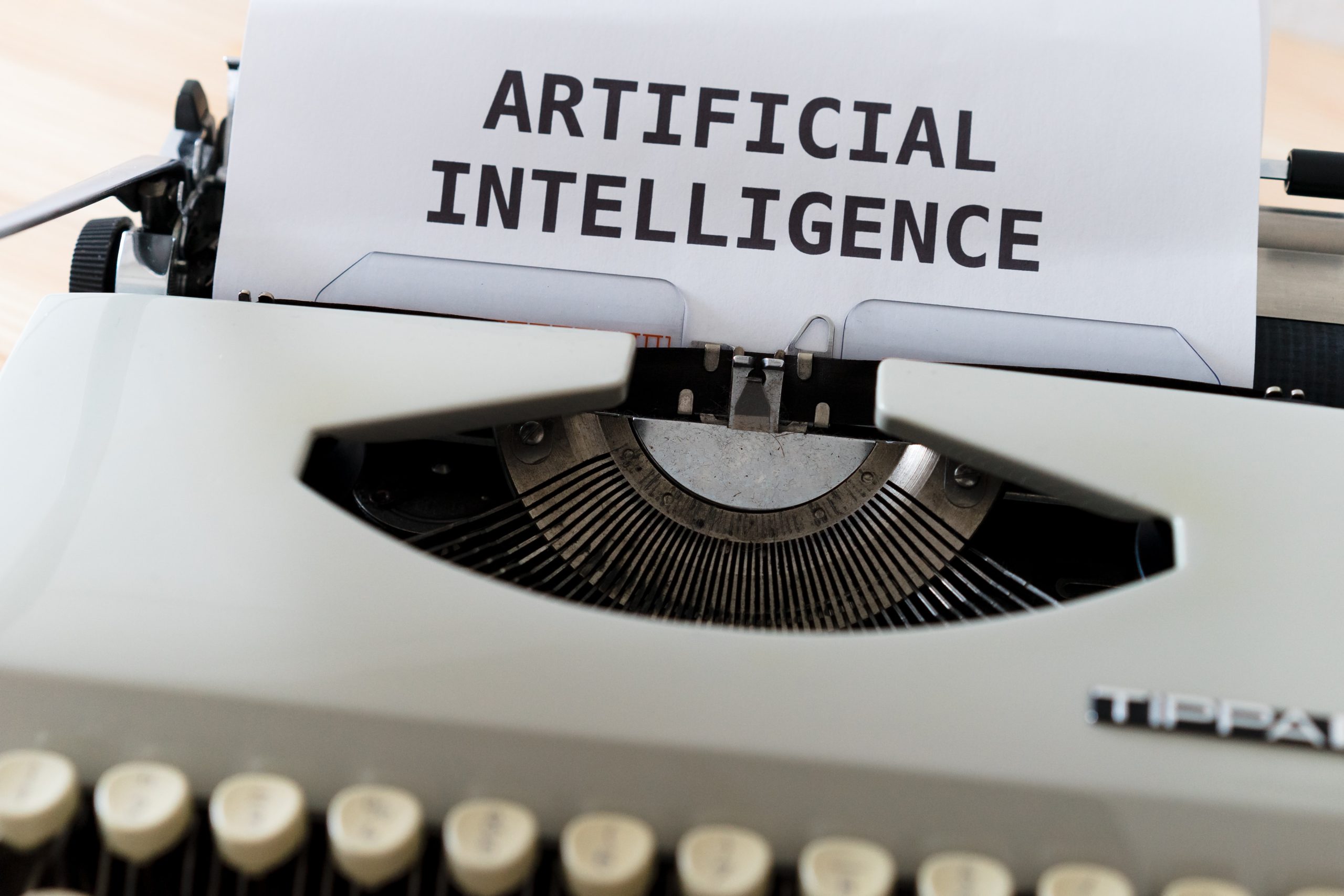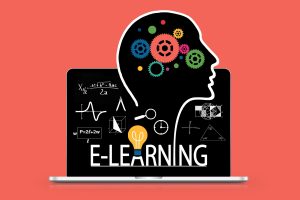South Africa is no exception to this dynamic and has a long history of educational inequality. Over the years following apartheid, the country has taken strides forward toward guaranteeing that every child can have access to an education, irrespective of their race, class or disability. However, disadvantaged schools in South Africa continue to find themselves in dire straits, lacking resources, teachers, and support systems for the education of children with special needs.
South Africa is one such country that could use an AI revolution in its education, as it could provide the necessary tools and resources to solve the problems mentioned above. AI for adaptive learning resources, real-time language help, and personal tutoring They can ensure that, no matter where they come from, everyone can be able to do well in school.
Still, there are dangers in utilizing AI in education. These could be employed to dole out differential treatment using biased AI tools made to discriminate between learners, or to silently hoover unsuspecting student data ready for exploitation. People need to be aware of these risks and they should take measures to lessen them.
This article sheds light on how AI can affect the design of educational policy in South Africa. In this argument, we probe both the promise and perils of AI and provide some concrete steps to ensure more responsible and inclusive AI implementation.
AI and Educational Policy Design: Will We See the Promise Fulfilled?
An increasing number of studies imply that AI can play a significant role when designing South African education policy. This includes things like the tools one University of Cape Town study demonstrated could be used for detecting and correcting biases in educational materials and assessments (found here). This will help make certain that all students have an equal opportunity to do well.
This is just one example – in addition to this case, AI technology has the capability to impact educational policy design in many ways. AI Use Cases in Different Sectors
Track Beyond The Classroom:
AI To Track Student Progress And Detect Their Weak Points This Information May Be Utilized To Inform Policy-making In Education.
Predict Future Trends:
Artificial Intelligence (AI) Technology That Predicts The Way The Future Education Will Be, It Could Be A Skill In Mistake, A Future Career In High Demand Or A New Program Needed. This information can be used to inform educational policy to meet the demands of learners.
The development of new educational programs works in tandem with testing and assessing new programs
Testing and Evaluating New Educational Programs :Those considering setting up a new educational program use AI as the best bet for testing it out. This data will help track which programs work and which ones need help.
Challenges of AI In Education Policy Design
Ultimately, Although Ai Can Be Used As A Robust Tool For Enhancing Policy Design For Education, There Are Some Potential Hazards That Must Be Weighed. For Instance, Tools That Are AI-Powered Could Discriminate Learners Imagine A Trainer for Learners From One Group That Is More Well-Trained Than An NTG Model; For Example, An AI Tool That Has Not Been Properly Trained Will Offer This Group Favoritism.
AI-Powered Devices Can Also Be Incorporated In Schools To Aggregate And Monetize Student Data. One such example of profit-making would be the AI-Powered tool used to monitor the learner progress which may sell the tracked data to the third party. This Could Be A Major Privacy Issue For Its Learners.
Suggestions for Ethical AI Deployment within Educational Policy Design
The Risks Associated With AI In Educational Policy Design Cannot Be Eliminated But There Are Several Measures That Can Help To Mitigate Them These Steps Include:
Education policymakers in the appropriate use of AI: We need to educate policymakers on how to use AI-based tools in ways that are unbiased and equitable.
Safeguards for Student Data: Education authorities should put appropriate safeguards in place for the collection and use of student-generated data.
Create an Ethical AI Code of Conduct in Education: An ethical code of conduct that practices the right use of AI in Education
The transformative potential that AI holds to influence the design of educational policy in South Africa is an alternative form of inclusivity and equal access to quality education. But walking the road to AI in education requires us to tread lightly on the promise vs. perils scale. Through identifying possible risks, forging the way on responsible practices, and utilizing AI in an ethical way, the groundwork for developing an educational environment that empowers all learners, regardless of where they come from, will be put in South Africa.




